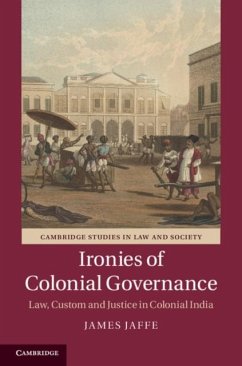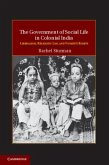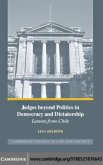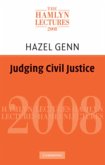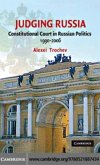The Indian village council, or panchayat, has long held an iconic place in India. Ironies of Colonial Governance traces the history of that ideal and the attempts to adapt it to colonial governance. Beginning with an in-depth analysis of British attempts to introduce a system of panchayat governance during the early nineteenth century, it analyses the legacies of these actions within the structures of later colonial administrations as well as the early nationalist movement. Particular attention is paid to the ways in which the ideologies of panchayat governance evolved during this period and to the transnational exchange and circulation of panchayat ideologies.
Dieser Download kann aus rechtlichen Gründen nur mit Rechnungsadresse in A, B, BG, CY, CZ, D, DK, EW, E, FIN, F, GR, HR, H, IRL, I, LT, L, LR, M, NL, PL, P, R, S, SLO, SK ausgeliefert werden.

